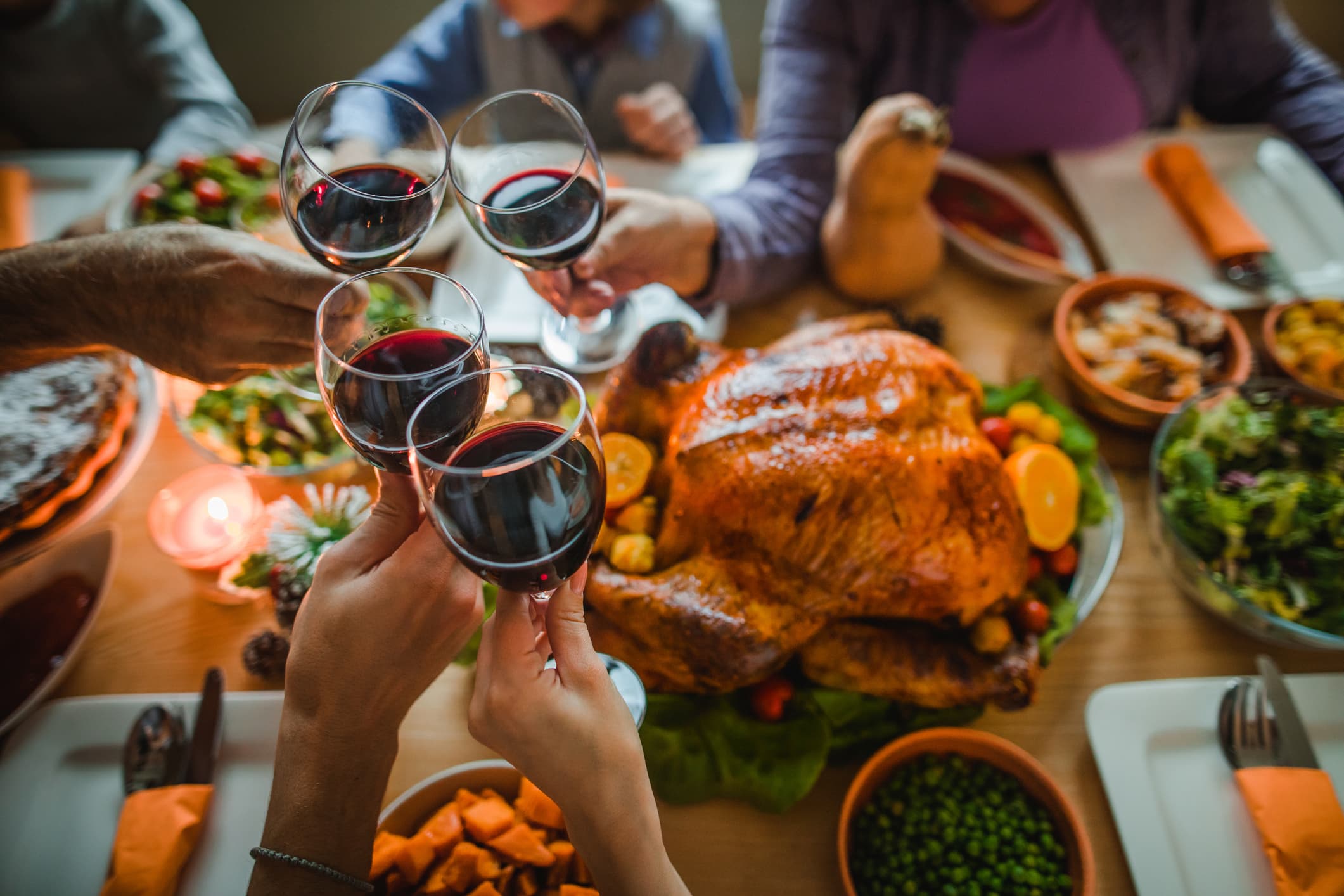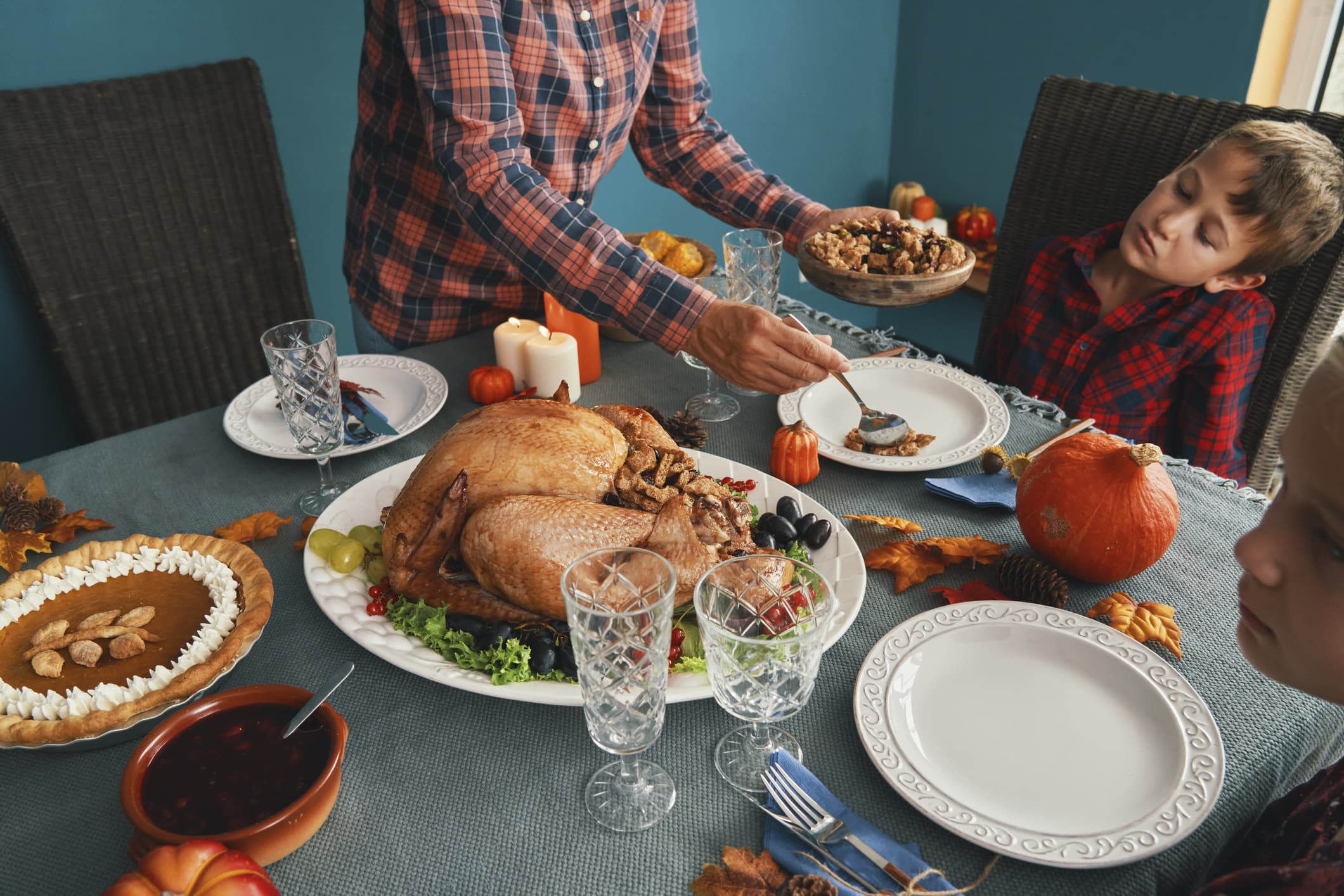Despite rising coronavirus cases and warnings against unnecessary travel this holiday season, authorities in Massachusetts are issuing advisories for people who do decide to hit the roads or the airways this week.
The Massachusetts Department of Transportation is asking people who decide to drive on Thanksgiving to minimize the number of stops they make along the way.
The U.S. Centers for Disease Control and Prevention has urged Americans not to travel at all for Thanksgiving amid the pandemic as the United States has surpassed 12 million confirmed cases of COVID-19.
The American Automobile Association is expecting at least a 10% drop in holiday travel this year. While air travel is expected to be down nearly 50%, according to AAA, Massport is still expecting an increase in passengers at Boston Logan International Airport around the holiday.
“As per the CDC’s strong recommendation, we are asking people not to travel for Thanksgiving because of Covid-19,” Highway Administrator Jonathan Gulliver said. “But if you must be on the roadway, you are advised to plan ahead, minimize stops, be aware of all out-of-state quarantine requirements, wear a face covering if you are traveling with someone not living in your household, and take all necessary precautions to protect yourself and your family.”
In a list of guidelines specific to Thanksgiving, Massachusetts is suggesting that those who plan to host a holiday celebration keep it limited to only people you live with. The guidelines also indicate that people should consider celebrating the holiday virtually, especially if anyone is at higher risk for illness from COVID-19.
New travel restrictions took effect in Massachusetts over the weekend. People traveling to Massachusetts from New Hampshire and Maine are now required to quarantine for two weeks or provide a negative COVID-19 test.
Travelers must also fill out the Massachusetts Travel Form, according to the state's guidelines. That includes anyone who's coming from one of the low-risk states but stayed "for more than a transitory period of time in the last 14 days" in a higher-risk state. Hawaii and Vermont are the only two states currently considered low-risk.
There are exemptions for those traveling for work or going to the grocery store, but the new restrictions have some people reconsidering their plans.
"I just decided I was going to take a last minute hiking trip completely by myself," one local woman said. "I’m almost thinking about turning around because I’m wondering if this was a mistake."



